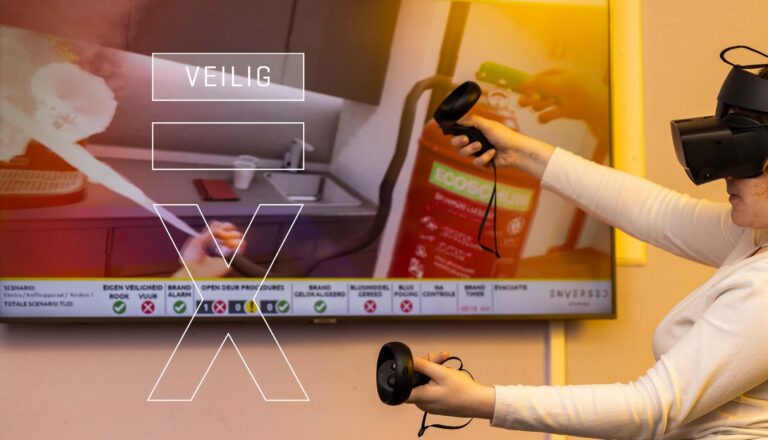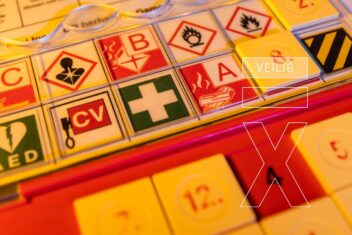What types of risks does a company face?

If you own a business, then you know that success does not come easy. Many factors must be taken into account for a business to succeed. And no matter how successful a business is, a business always faces various kinds of risks that are unavoidable. You may face setbacks like fire outbreak, casualties or damage to your property. Read below about 3 common risks for businesses, in no particular order.
1. Absenteeism
Staff absenteeism is a major risk, especially for small businesses. Absenteeism can cost a company a lot of money (and administration work). Naturally, you would prefer employees to return to work quickly. Of course, absenteeism cannot always be prevented, but the risk of absenteeism after a workplace accident can be minimised. For instance, by creating a safe workplace, identifying the risks and training the first responders on these risks. First responders are trained to bring workers to safety in case of an emergency. Thus, he or she will know how to evacuate people from the premises and if necessary, how to provide first aid. This will lead to fewer injuries such as (fire) wounds or amputations, which occur in all sectors.
2. Fire
If a fire breaks out at the company, it should be contained and fought as soon as possible. All people in the building - employees, customers, et al - should be alerted and evacuated. Emergency organisations, such as the fire brigade, must also be informed. First responders can take on these tasks. They give the fire brigade information about what is going on, so that firefighters can fight the fire quickly and safely. Fire can also cause damage to the premises. By acting appropriately after detecting a fire, the damage can be limited. You will learn how to do this in FeniksGroup's first responder training, among other things. Employees can follow a first responder training on our premises, but you can also request a first responder training on your location. Nice and easy!
3. Employees or customers unwell
It may happen that an employee or customer/guest becomes unwell on your premises. Of course, you then call 112 to send an ambulance, but while you are waiting for this to arrive, a in-house first responder can provide first aid in the meantime. The first 15 minutes after an emergency are crucial. That is why it is important that a trained in-house first responder is always present in the company. From the RI&E, you can determine the minimum number of first responders that must be present on a daily basis to deal with the possible risks within the company. If you want to know how to set up an emergency response organisation, contact us here.
Risk = probability x effect
December 8, 2021 I Emergency response, fire hazard, first aid, risk inventory & evaluation
Sharing is allowed, gladly even!

Would you like more information about our training courses, or do you have another question?
Fill in the form, we will contact you asap!
You hereby grant permission to FeniksGroup to contact you. Your contact details will not be shared with third parties.
Want to receive the latest safety insights in your mailbox?
Sign up for free!
No spam. You can unsubscribe at any time.


